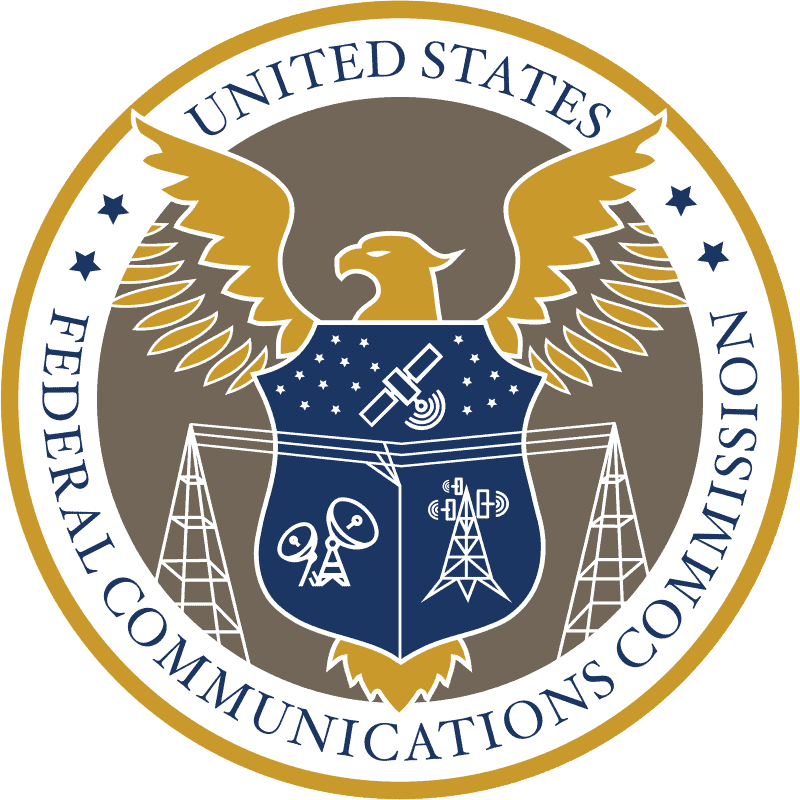Amicus Briefs
Consumers’ Research, et al. v. Federal Communications Commission, et al.
CASE SUMMARY
Every year the Federal Communications Commission collects billions of dollars from telecommunications customers to fund “universal service.” The program subsidizes high-cost areas and certain educational and healthcare providers. However, Congress wrote an evolving and open-ended statute, leaving FCC to set and then rewrite its own policies for the Universal Service Fund and to fund the program without limit through fees escaping Congressional appropriations oversight. NCLA filed an amicus curiae brief urging the U.S. Supreme Court to overturn that unconstitutional arrangement and correct the impoverished “nondelegation” doctrine used to enable it.
Through the Telecommunications Act of 1996, Congress authorized FCC to define and fund “universal” telecommunications and information services on an “evolving” basis “consistent with the public interest, convenience, and necessity” and in line with policies FCC itself could adopt. FCC thus has the power to determine and redetermine the relevant statute’s purpose and policy in perpetuity, violating the Constitution’s requirement that legislative power remain vested in Congress. In short, FCC is free to define its own objectives and priorities, with no standards to constrain or hold them accountable. The statute’s self-funding mechanism also evades Congress’ power of the purse.
The U.S. Court of Appeals for the Sixth Circuit wrongly upheld the statute, despite Congress’s divestment of legislative power to FCC and the associated separation of powers violation. The Court saw Congress’s alleged inability to do its job without giving away power as the “rationale” for the nondelegation doctrine, demonstrating how far that doctrine has deviated from its constitutional purpose. The nondelegation doctrine developed to prevent Congress from divesting legislative power to outside parties, but its modern application wrongly legitimizes statutes that effectively grant such power to the Executive Branch. This doctrine is now incorrectly named, resting on multiple false assumptions, and must be recast in line with the Constitution’s purpose.
In June 2024, the Supreme Court denied the petition for a writ of certiorari in Consumers’ Research v. FCC.

